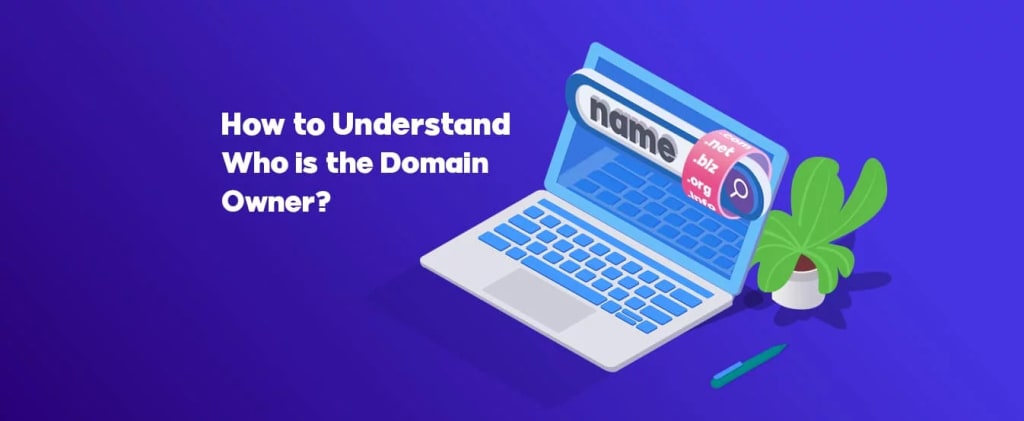Who Owns a Website? Unveiling the Ownership Dynamics in the Digital Realm
Who Owns a Website

In the vast and interconnected digital landscape, websites have become a ubiquitous medium for communication, commerce, and self-expression. From personal blogs to multinational corporations, websites serve as virtual storefronts, platforms for information dissemination, and creative outlets. However, when it comes to the question of ownership, the answer may not be as straightforward as one might think. In this article, we delve into the intricacies of website ownership, exploring the roles of individuals, businesses, and legal frameworks in determining who truly owns a website.
Understanding Website Ownership
Websites as Intellectual Property
Copyright is the primary form of intellectual property protection for websites. In most jurisdictions, the person or entity that creates the website content owns the copyright by default. This grants the owner exclusive rights to reproduce, distribute, and modify the work. However, it is important to note that ownership of the website's underlying code may differ from ownership of the content.
Defining Intellectual Property: Intellectual property refers to creations of the mind, such as inventions, artistic works, and symbols, which are protected by law.
Websites as Creative Works: Websites encompass a combination of visual design, textual content, multimedia elements, and underlying code, making them eligible for intellectual property protection.
Copyright Ownership: In most jurisdictions, the person or entity that creates the website content owns the copyright by default, granting exclusive rights to reproduce, distribute, and modify the work.
Transfer of Ownership: Copyright ownership can be transferred through agreements, contracts, or employment terms, allowing individuals or organizations to assume ownership of a website.
Individuals as Website Owners
Freelancers and self-employed professionals also use websites to promote their services and establish an online presence. As sole proprietors, they own and operate their websites, taking on all responsibilities and liabilities associated with content creation, maintenance, security, and legal compliance.
Personal Websites: Individuals often create personal websites as digital extensions of their identities, showcasing portfolios, blogs, or personal interests.
Sole Proprietorships: Freelancers and self-employed professionals may use websites to promote their services and establish an online presence. In such cases, the individual owns and operates the website.
Responsibilities and Liabilities: As individual website owners, individuals bear the responsibilities and liabilities associated with content creation, maintenance, security, and legal compliance.
Businesses and Organizational Ownership
Corporate Websites: Businesses, ranging from small enterprises to large corporations, commonly own and manage websites to promote products, services, and brand identity.
Nonprofit and Government Websites: Nonprofit organizations and government entities may operate websites to disseminate information, engage with the public, or provide services.
Legal Structures: Websites owned by businesses or organizations are typically governed by legal structures, such as limited liability companies (LLCs), corporations, or government regulations.
Website Governance: In organizational settings, website ownership may be vested in the entity itself, specific departments, or designated individuals within the organization.
Legal and Ethical Considerations
Domain Name Ownership: Alongside website ownership, domain names are unique online addresses that require registration. Domain name ownership can be separate from website ownership, adding another layer to the ownership landscape.
Terms of Service and User Agreements: Website owners often establish terms of service and user agreements that outline the rights and responsibilities of users, granting limited access to the website's content.
Privacy and Data Ownership: Website owners must navigate privacy regulations and data ownership issues, ensuring compliance with relevant laws and safeguarding user data.
Intellectual Property Infringement: Website owners must respect the intellectual property rights of others, avoiding unauthorized use of copyrighted material or trademarks.
Conclusion
Determining the true owner of a website involves an intricate interplay between creativity, legal frameworks, and the intentions of individuals or organizations. While individual creators commonly own their personal websites, businesses and organizations often assume ownership of websites representing their brand or cause. Understanding website ownership entails grasping the nuances of intellectual property, legal structures, and associated responsibilities. As the digital landscape continues to evolve, staying informed about website ownership dynamics remains crucial for individuals and entities alike, ensuring fair use, protection of intellectual property, and responsible online practices.






Comments
There are no comments for this story
Be the first to respond and start the conversation.